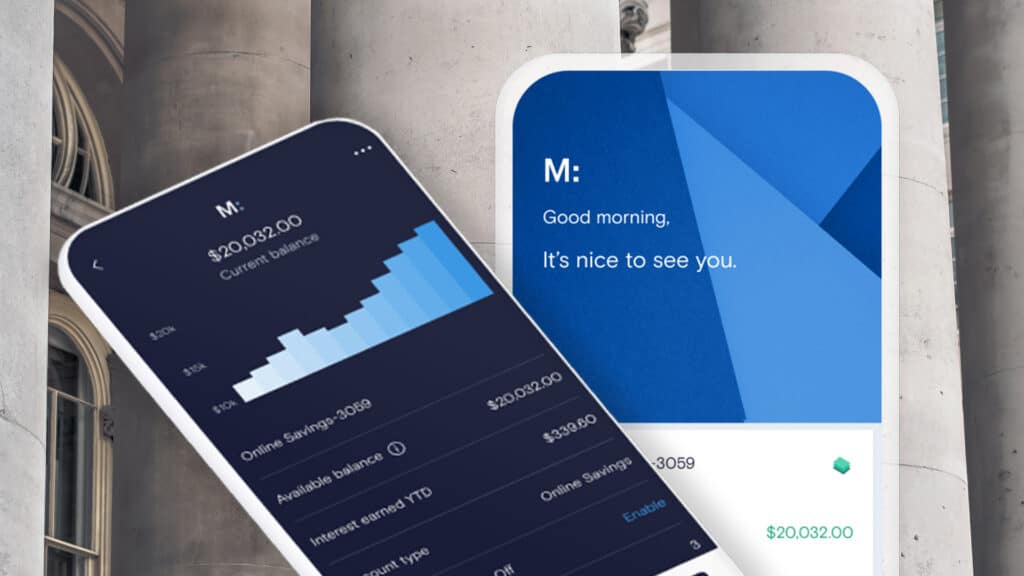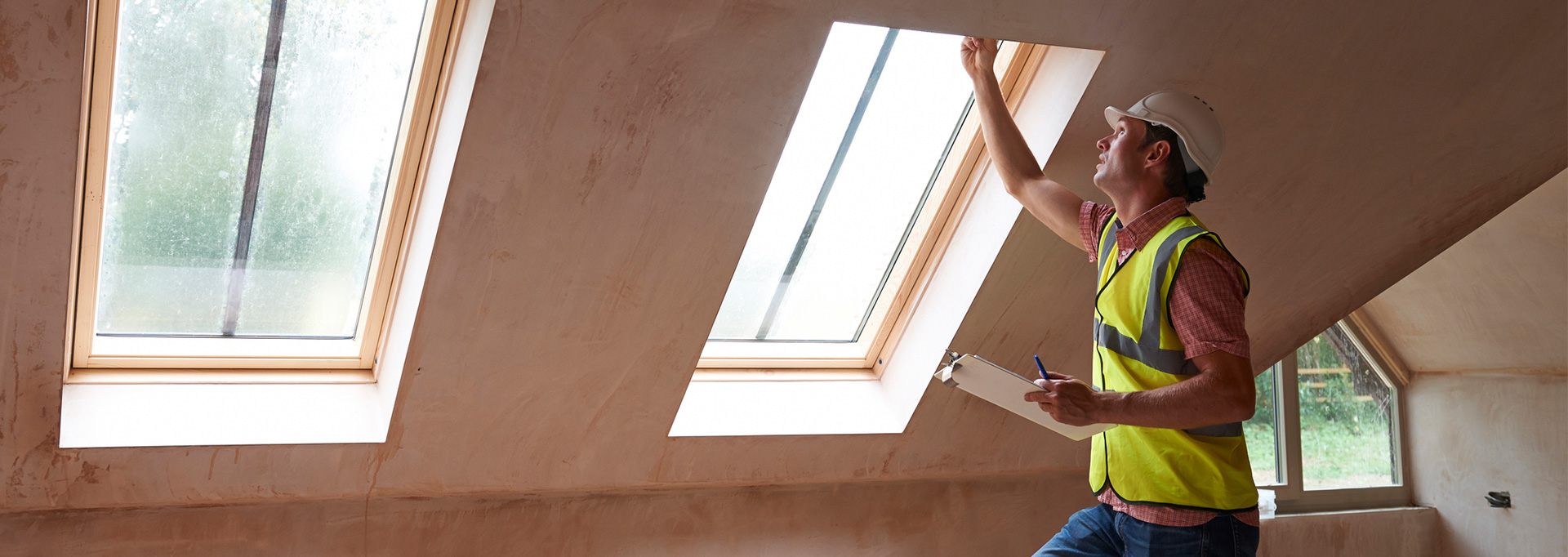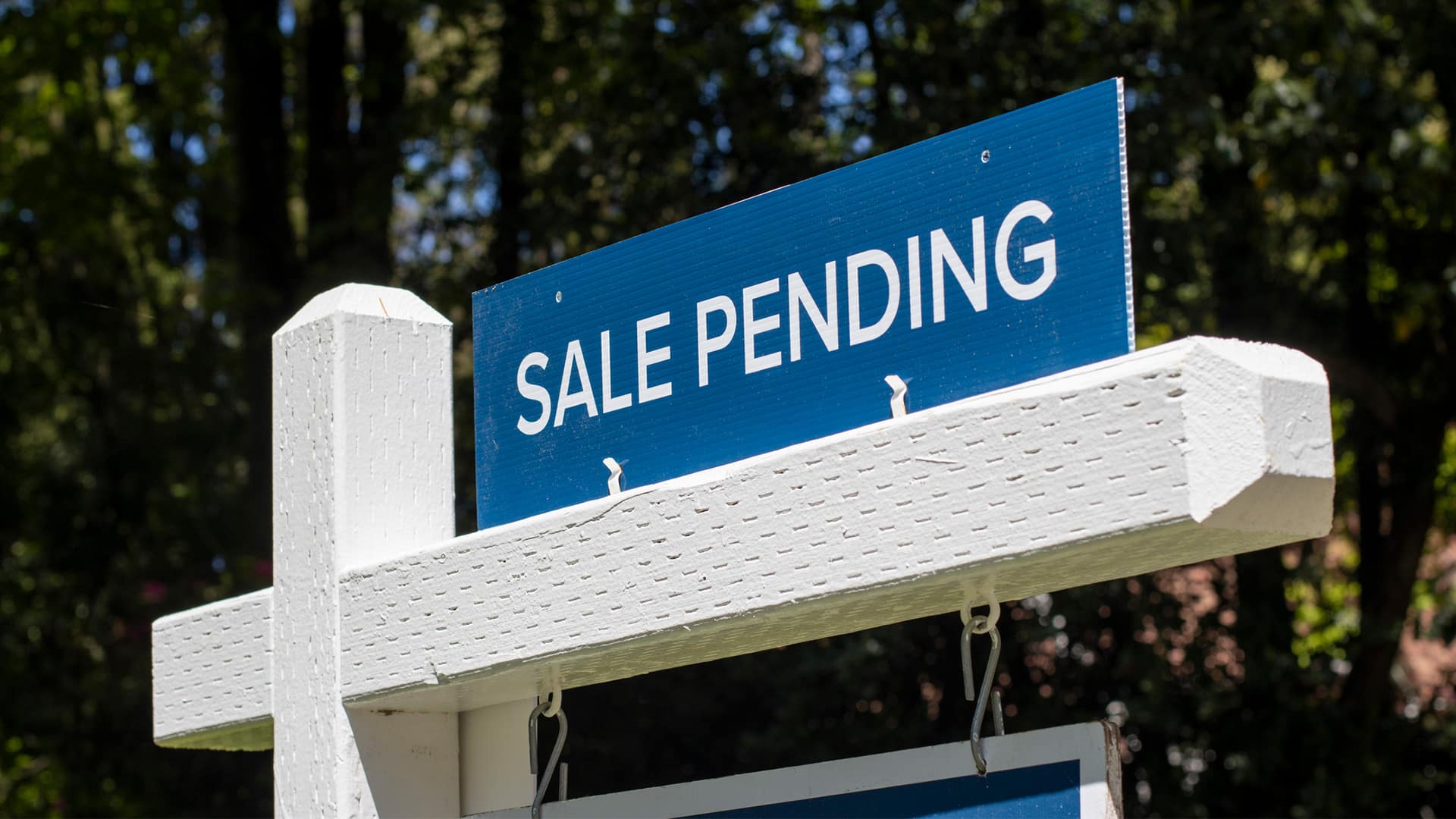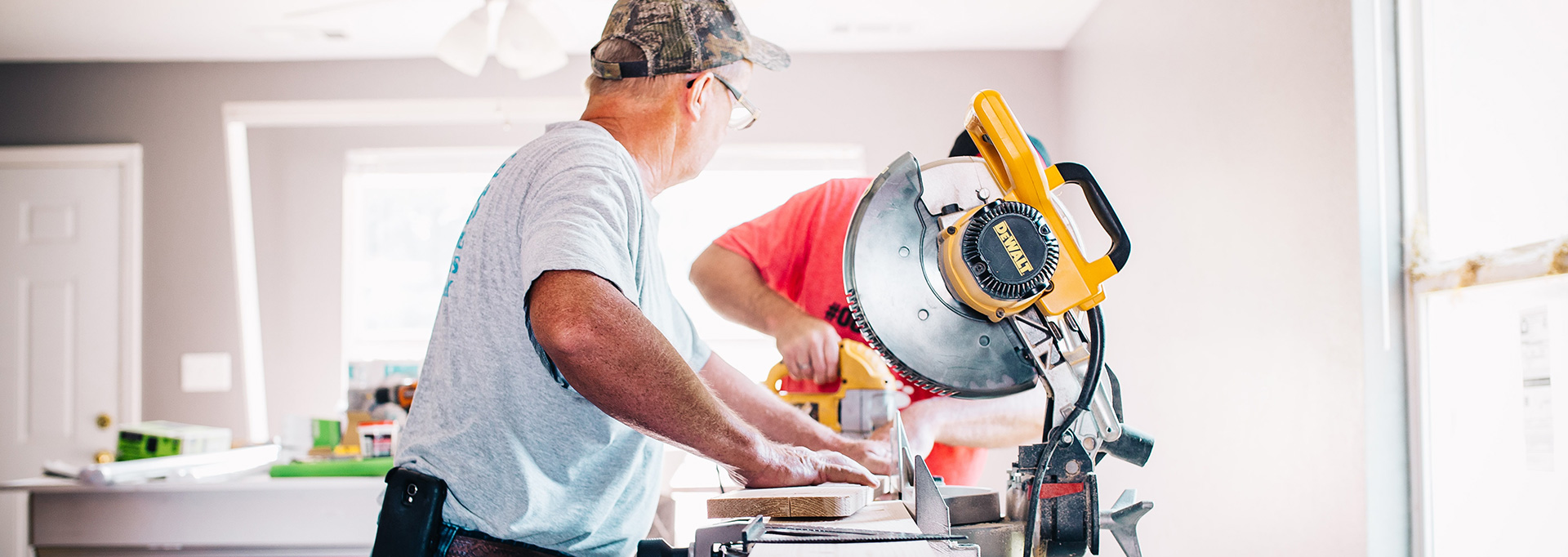Most products on this page are from partners who may compensate us. This may influence which products we write about and where and how they appear on the page. However, opinions expressed here are the author's alone, not those of any bank, credit card issuer, airline or hotel chain.
Buying your first home is one of the most significant decisions you'll ever make. The whole home-buying process, though, is full of many critical decisions, and making the wrong choices can leave you with buyer's remorse after the fact.
Understanding what mistakes to avoid before you buy your first home can potentially help you make more informed decisions about such a large purchase and save you a lot of money in the long run.
1. Buying a Home You Cannot Afford
Many first-time homebuyers make the mistake of not staying within their budget when purchasing a home. This is especially important as housing prices continue to go up and bidding wars get more competitive. Spending too much money on a house can leave your finances stretched to the limit with little room for error.
To avoid overspending, sit down and determine a realistic budget rather than the highest loan amount the bank is willing to lend you. This will help you avoid wasted time looking at houses outside your price range and keep you level-headed with your finances.
Also, set aside enough money to cover all of the anticipated costs that occur after you sign on the dotted line. Creating a solid emergency fund can also protect you from unexpected costs like emergency repairs.
2. Shopping for a Home Before Getting Preapproved for a Mortgage
It might seem like common sense to find a house and then secure a mortgage, but that's a backward approach. Getting pre-approved for a mortgage before you start house shopping gives you a better sense of what type of loan you qualify for and how much you can borrow.
Start by getting pre-approved through a lender before you look for a home. Not only does it help you understand your budget, but having a preapproval letter in hand shows sellers you are serious about buying and ready to move forward.
3. Getting Quotes from Only One Mortgage Lender
Opting for the first mortgage lender you find may end up being the right choice, but shopping around can sometimes yield lower rates. Depending on your credit and other factors, you could qualify for lower rates through another lender, potentially saving you thousands of dollars on your home.
Most lenders allow you to check rates through a soft credit check which doesn't negatively affect your credit score. Take time to shop around for the most competitive rates before settling on a lender. In addition to comparing rates, review the lender fees and loan terms so you know exactly what to expect.
4. Not Checking Your Credit

Your credit score is one of the most important factors lenders use to determine whether to approve you for a mortgage loan. It also plays a role in determining your interest rate. If you don't know your credit score, though, it could be difficult to know whether you'll be eligible for a loan. The same goes for any bad marks or errors on your credit report that could be affecting your score.
You can find many free and paid credit monitoring tools that allow you to check your score regularly. You can also access credit reports from all three major credit bureaus at AnnualCreditReport.com.
5. Not Considering Government Loan Programs
The federal government offers several government-backed home loan programs to help people afford a home. The loans are still through private lenders but are insured by government agencies like the VA, FHA, and USDA. With government backing, these types of loans may be easier to qualify for, especially if your credit isn't up to par or you don't have enough money saved up for a down payment.
Spend time researching government mortgage loan programs to determine if one of them can provide better terms and rates than a traditional mortgage loan.
6. Only Considering One Real Estate Agent

Similar to choosing the first lender they find, many home buyers pick the first real estate agent they talk to without doing their due diligence. A good real estate agent can play a significant role in landing your dream home, saving money on your home sale, and guiding you through the entire process.
First, do some research on real estate agents in your area. Ask for recommendations from family and friends who've used an agent recently. Make a shortlist of recommended agents and take time to meet with them. Prepare some questions to ask so you get a better sense of whether they are a good fit and will be helpful throughout the home buying process.
7. Passing on a Home Inspection
There's nothing worse than buying a home and discovering major issues later on that make you question your purchase. It's tempting to skip the home inspection because of the time and money involved. However, doing so could mean costly repairs that you're on the hook for, which could have been negotiated into the sale of the home.
Always opt for a home inspection when buying a home. It could help uncover structural damage and other issues big and small. If possible, include a home inspection contingency in the home sale negotiation to cover yourself if problems arise as a result of the inspection.
8. Applying for Credit Right Before the Sale is Final
Avoid applying for a new credit card or getting a car loan before you close on a home. Applying for new credit can increase your debt-to-income (DTI) ratio and temporarily decrease your credit score. Even if you were pre-approved for a mortgage loan, a higher DTI ratio could mean higher interest rates.
If you know you're going to be buying a home soon, don't apply for new credit until after you've signed the papers and officially become a homeowner.

Personal Loan Pros & Cons: When Are They a Good Idea?
9. Underestimating the Costs of Homeownership
The cost of homeownership is more than just making a monthly mortgage payment. Unfortunately, many first-time homebuyers don't have a complete understanding of all of the costs that accompany owning a home. Other costs include home furnishings, utility bills, home repairs, homeowners association (HOA) fees, and more.
Before buying a home, make a plan for all potential expenses that could accompany homeownership so you know exactly how much to budget for each.
10. Making Decisions Based on Emotions
It's easy to fall in love with the idea of homeownership to the point that it affects your decision-making during the process. If you get too emotionally attached to one home, you could end up paying too much or make too many concessions just to land that "perfect" house.
Use your best judgement during the home buying process to ensure you get good value for your money.
11. Focusing Too Much on the House Instead of Location
As the saying goes, "location, location, location" matters when purchasing a home. You don't want to rush into buying a cheaper home that ends up being in a less-than-ideal location for you.
But with limited supply and increasing demand for homes, many buyers are looking at cheaper homes in not-so-great neighborhoods, which can lead to buyer's remorse. According to a Bankrate survey, 15% of homeowners regretted buying a home and cited bad location as the reason. Do your research on what's important to you for location, whether it's good schools, food scene, safety, walkability, or another factor, to avoid buyer's remorse.
FAQs
-
One of the biggest mistakes first-time home buyers make is buying a home that is well beyond their budget. Sometimes, many first-time buyers allow enthusiasm to influence them to buy a house they can’t afford, which can cause financial strain. You can avoid this first-time home buyer mistake by establishing a realistic limit on your budget, even if you qualify for a higher loan amount.
-
To qualify for a conventional loan, most lenders prefer that buyers have a credit score of at least 620 or higher. However, a credit score of 740 or higher can qualify you for the lowest down payment or interest rate.
-
First-time military veteran home buyers should look into VA loans because they usually offer lower interest rates and do not require a down payment. Also, it often helps to work with a military-friendly realtor and lender who thoroughly understands the VA loan process and the other circumstances that may apply to you.
-
Unfamiliarity with the local real estate market is a big challenge that first-time buyers face when buying out-of-state rental property. Due to the distance, the buyer relies heavily on online research and the help of an out-of-state real estate professional to complete the purchase. In addition, buyers will need to find a property management company to manage tenants in accordance with local landlord-tenant laws.


















